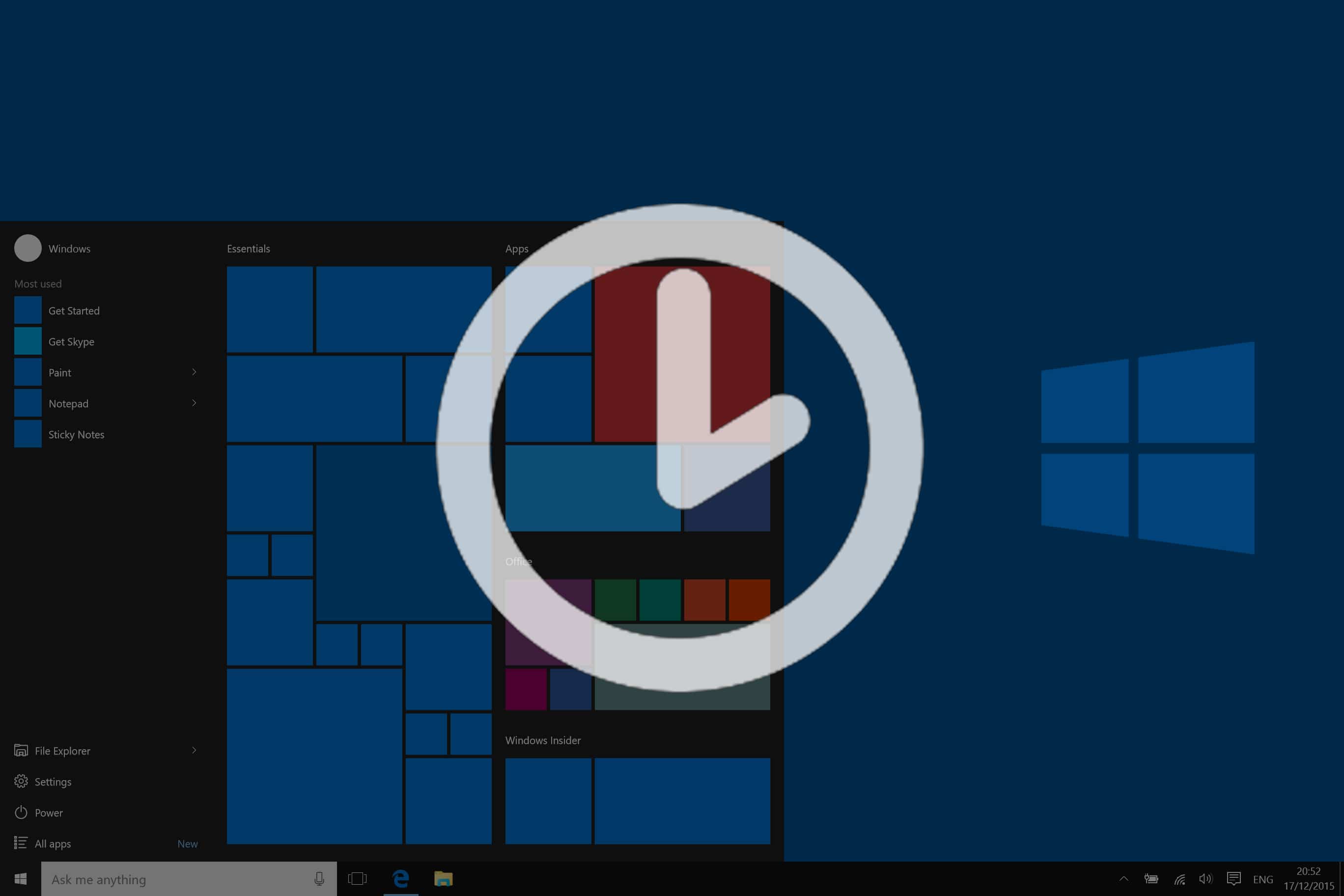 Should your Baltimore-Washington DC Metro Area business be concerned?
Should your Baltimore-Washington DC Metro Area business be concerned?
Windows XP has less than one year remaining of official support from Microsoft, which doesn’t surprise the IT pros. TechRepublic’s survey indicates that XP is still being used, and many organizations don’t plan on replacing it. So what’s going to happen when they continue using Windows XP?
The Dynamic of Windows XP
In the early release of Windows XP, it moved at a fairly quick pace and then it seemed to plateau. Because Microsoft continued to add new, compelling features, and fixed any bugs that arose, they gave XP users six years of an OS that continually worked. Plus they botched the initial Vista rollout badly enough that consumers simply decided to quit using it.
Windows 7 fixed a lot of the problems with Vista and provided increasing performance, while teaching IT pros an important lesson about skipping Microsoft’s upgrades. Microsoft’s latest OS, Windows 8, is a bold change from the past and far different from XP, which continues to be the main power source for the majority of PCs in the world. When you combine extensive end-user training and a major deployment effort with a consumer community that’s already seen two major Windows releases, you see a lot of dissatisfaction among the community.
What Happens if We Stay With XP?
There’s a valid argument that staying with XP after Microsoft ends support won’t be a big deal. Due to the high cost of Windows 8 and recent rumors of a potential modified release of Windows 8 that may return some of the familiar features people like, it’s no wonder they’re willing to wait and risk staying with XP.
However, XP still remains one of the biggest targets for hackers due to market share. Malware and targeted exploits will continue to go after systems with a larger user base. And when new exploits occur after Microsoft ends XP support, users will still need their help. Without it, users will have to rely on a third-party product that layers protection on top of Microsoft’s code.
Does the OS Even Matter?
Many are questioning the relevance of the desktop OS, as applications move towards web and cloud-based platforms. Some are beginning to see the desktop OS as little more than a terminal to power a web browser. While this is the direction we seem to be moving towards, predictions of the “end of the desktop” have been around since the late 1990s.
A lot of IT pros view staying with Windows XP as “free” compared to the cost of a major OS upgrade; however, using XP will result in rapidly increasing costs for a users once Microsoft ends their support.
So What Should IT Pros Do?
The most compelling option seems to be to use Windows 7 because the OS is stable, the hardware compatibility is mature, the major problems have been identified, and so many organizations have already switched to Windows 7. Plus, Windows 7 doesn’t require very much familiarization training and buys you extended support until 2020; this gives Microsoft enough time to perfect their vision for future operating systems.
If you’re considering a switch directly to Windows 8, it’s suggested that you wait for the rumored “Windows Blue” update, as it’s expected to bring back familiar tools such as the start button and clarification of the user interface. In the end, the cost and hassle of staying with XP is likely to be expensive and unappealing.
Do you have questions about upgrading from Windows XP to Windows 7 or Windows 8? Contact your team of Baltimore-Washington, DC technology support experts today. We are here to help you.



